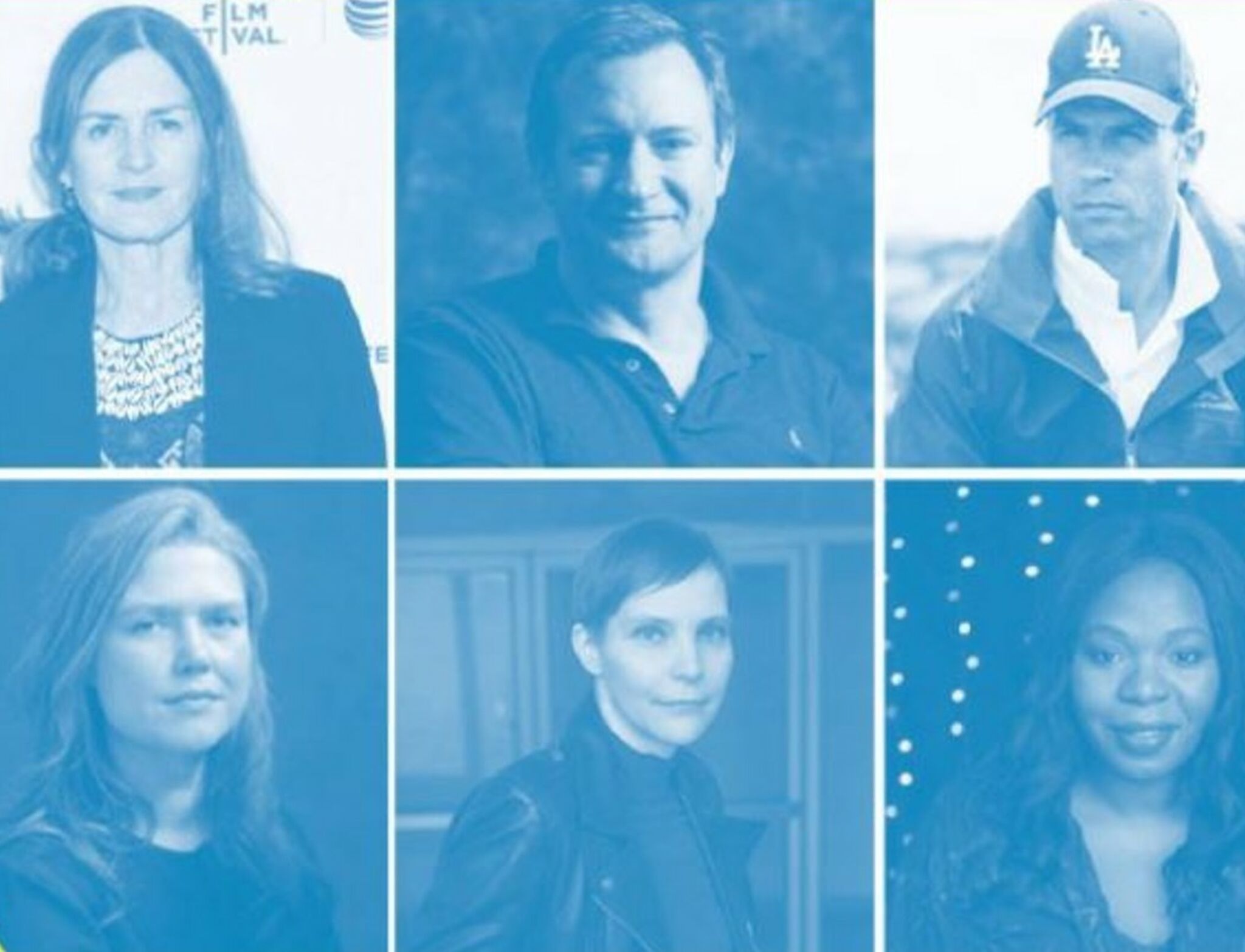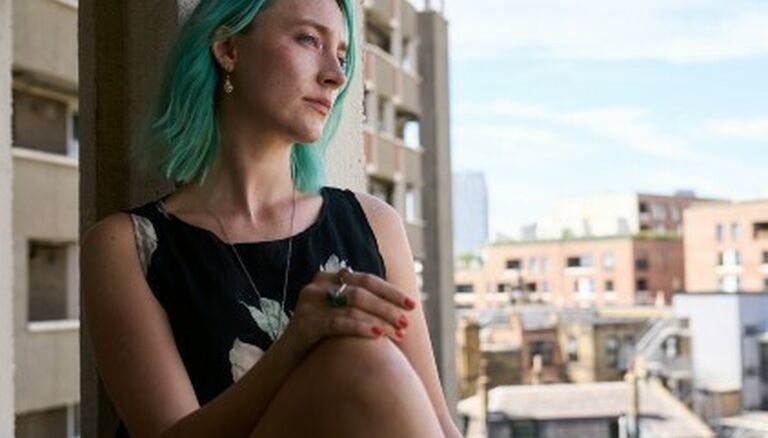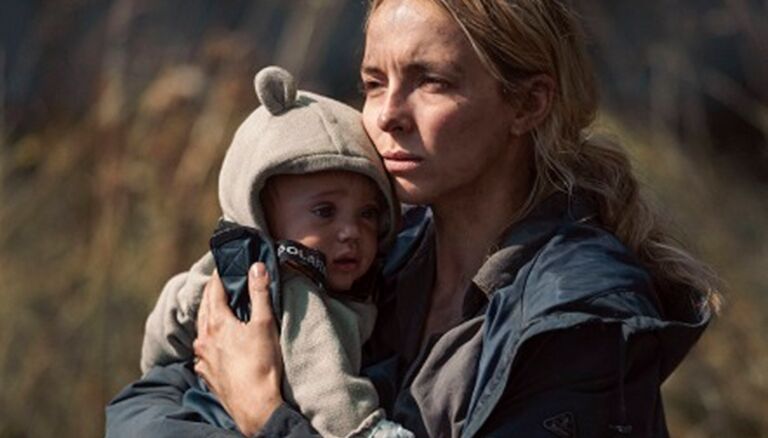Keeping collaboration and co-production alive in 2020
Even when some physical borders are shut during the unprecedented times of COVID, savvy producers are still finding success with international collaborations and co-productions, they explained in our webinar Co-producing in COVID-19 times and beyond during the Cannes Marche on June 23.
See below for our coverage and head to Podcasts & Talks to re-watch our discussion.
Mike Goodridge, UK-based producer as well as head of the International Film Festival and Awards Macao, is currently executive producing Ruben Östlund’s €13m English-language feature Triangle of Sadness, which has already shot in Sweden and will move to its Greek shoot later in the year. “I look at it as a masterpiece of European financing, but it’s also reflected in the story,” Goodridge explained of why BBC Films and the BFI are backing the film. “It’s set on a cruise liner, in the world of fashion and then on a desert island, so it’s not a particularly Swedish film in that it doesn’t take place in Sweden and it has so many international elements. It is Ruben Östlund’s first film in English. It seemed natural to involve the UK.” Erik Hemmendorff is the lead producer at Plattform Produktion, the Swedish company he runs with Östlund.
Goodridge said that costs for Triangle of Sadness had risen because of COVID-19 and the shooting hiatus, but he noted that these increases were manageable. “There are so many public partners on this project that have been supportive as are our private equity partners, our bond company, our bank. Nobody is doing this deliberately, so everybody is pulling together to get the best possible result”.
Finola Dwyer, partner and co-owner of the UK’s Wildgaze Films and producer of films such as Brooklyn (2015) and Dirt Music (2019), noted that most of her current development slate was international. “A lot of our projects are not based here in the UK.” She noted that a Nick Hornby script is on hold because it is complicated, including shooting in America or Canada. “I think if you've got UK-based projects, if you've got something that's quite contained, I think you can probably get up and running relatively soon.” She added that Wildgaze wasn’t cancelling any projects. “We’re not saying, ‘oh, leave all that behind’ – because they’re great stories, great projects and we’ll figure out a way to get them made. As producers, that’s what we do. We solve problems and figure out ways to do things.”
UK writer/producer Victoria Thomas said she had been in a lucky position in pandemic times, “I’m in post-production and advanced development on different projects, so there’s nothing actually in production that was affected. For Born in New York, Raised in Paris (a hip-hop feature documentary now in post), because we are dealing with music and lots of archives, and dealing with a culture that’s not well-catalogued, we spent the better part of the year chasing rights-holders. And now we find people are so much more willing and quick to answer their emails!”
She also is developing a UK-Italian-South African co-production, culinary drama Street Food, with backing from Screen Scotland and partnering with Italian co-producer Carlo Cresto Dina from Tempesta Films. She now hopes to shoot that next year when things are more back to normal in Italy. “But for us it’s been really good, because it’s allowed us to plan a bit more.”
Matthew Metcalfe, producer at New Zealand-based GFC Films, is starting work on a new NZ-UK co-production now. Metcalfe said any good co-production starts with understanding the other territory. “It’s obviously important to find a great partner, and you equally have to know and understand that country. Co-productions have to be mutually beneficial….If you want to be a good partner, you’ve got to make it your business to know what your partners need and what their interests are and what they’re hoping to gain… they’re not just a means to cut a cheque.”
Meanwhile, Thomas is finding it easy to work across the UK and South Africa. She met some key South African collaborators in Cannes a few years ago, and furthered her knowledge on a trade mission. She paid tribute to her experienced producers there, Dumi Gumbi and Cati Weineck at The Ergo Company in Johannesburg, as well as to bodies like the KwaZulu-Natal Film Commission.
Claudia Steffen of Germany’s Pandora Film Produktion (High Life, Monos) said it was also important to keep projects alive during this strange year. This week, she greenlit a German-French co-production to hopefully shoot later in 2020. “We don’t know how long this crisis is going to last. We do get a lot of support in Europe and we feel a responsibility that if we are getting something financed, we should go ahead and take the risk. Should we sit at home for two or three years and do nothing?”
Marleen Slot is at work now on animation projects through her stop-motion studio Holy Motion; as for Viking Film, she has some plans afoot for more collaborations with Sacha Polak, the Dutch director who shot Dirty God in the UK. Slot is producing a smaller, more experimental film that Polak will shoot in England, with shooting taking place in four short bursts and only requiring about eight crew. “I think that is a film we can shoot more easily. We were hoping to start this year but I’m waiting to see what happens. I don’t want to jeopardise anyone.”
The panellists spoke about the problem of productions getting insurance during the pandemic. Steffen hopes for state support from national governments. “That’s what we are all lobbying for. In Germany, in July we will have an insurance government fund in place that will cover up to 30 percent of the budget for corona damages, in addition to an existing production insurance… But we have big discussions now on how to handle this in a co-production. Is it only the German costs that are covered? What happens with English or American costs?”
She also added that financial support for furloughed or unemployed crew varied wildly from country to country.
The producers said even if they can’t yet physically travel to markets, festivals or meetings, maintaining relationships virtually is key right now.
Metcalfe added: “I’ve spent an awful lot of time over the past few months ironically being thankful for how much time I’ve spent on airplanes. Because it’s been the ability to reach out to people, especially in the UK and New York, who over the past 15-20 years I’ve got to know really well. I’m thankful for those relationships. It’s been a different kind of connection. I’ve had conversations with people I’ve known for 15 years in the last few months when we’ve talked about things we never would have before – our children, paying mortgages, renovating homes, mowing lawns.”
Dwyer said, “I think there’s a great sense of community. And I think as we get back to work, hopefully people will share what the experience is like and learn from it and pass it on. “
Thomas said she’s thriving through existing relationships also. “With my South African producer, we are trying as much as we can to future-proof because we have no idea what the future holds. It could be the beginning of the new unknown. So we’re talking regularly and supporting each other.”
Trust remains key. Slot said, “When you go on set now, things will be more complicated than they have ever been so it’s more important than ever that you work with people you trust and can rely on and will follow the rules. That is very important, that we keep a close eye on each other and cherish each other’s needs and fears.”
Further reading & resources
BFI: Co-production, certifying as British and UK Tax Relief
BFI Film Fund International Co-production Funding
German Films: Co-production partners
Triangle of Sadness/Plattform Produktion
Resources from New Zealand
Catch up with New Zealand webinar Kua rite mātou | Aotearoa New Zealand – Open for Business on youtube now
New Zealand Producers & Industry at the Marché














